
The Novavax COVID-19 vaccine NVX-CoV2373 demonstrated 100% protection against moderate and severe disease and 90.4% efficacy overall in a phase 3 trial.

The Novavax COVID-19 vaccine NVX-CoV2373 demonstrated 100% protection against moderate and severe disease and 90.4% efficacy overall in a phase 3 trial.

The researchers analyzed patients with lung cancer before they underwent surgery and calculated their excess body weight using visceral fat index measured by CT scans.
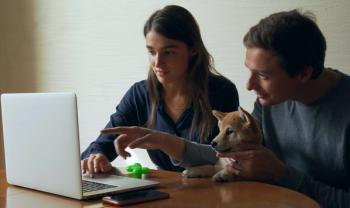
Researchers from Boston College and Microsoft Research may have found a way to combat these low percentages.

Because study coordinators were unable to travel, research pharmacist Brian Wortz, PharmD, said researchers were forced to adapt quickly and figure out what they could do remotely.

As the drug experts, Brian Wortz, PharmD, said pharmacists may be able to recognize adverse effects before other health care professionals, ensuring patient safety and optimizing their care.

Oncologist Susan Miesfeldt, MD, of MaineHealth, discussed the importance of genetic testing and counseling for breast and ovarian cancers as well as barriers that must be addressed in order to reach more patients eligible for these services.

Clinical trial participants often have even more questions than patients receiving standard-of-care treatments, so working within the team to answer their questions and provide optimal care is essential for research pharmacists.
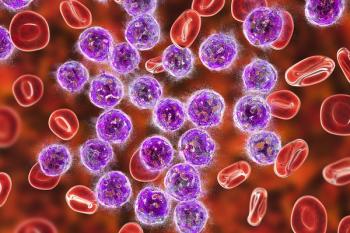
After identifying 3 novel checkpoints involved in immunosuppression and autoimmune diseases, investigators developed recombinant proteins that could be used in this patient population.

Concerns surrounding the vaccination of this population stemmed from the effects that cancer and its treatments can have on the immune system, but the investigators said this study should alleviate those fears.

The results of the study are consistent with several large-scale epidemiological studies that show an association between Parkinson and inflammatory bowel diseases, such as ulcerative colitis and Crohn disease.
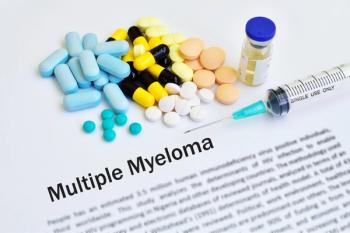
Teclistamab is an off-the-shelf, T-cell redirecting, bispecific antibody targeting both B-cell maturation antigen (BCMA) and CD3 receptors.

Because health care is a constantly evolving field, research pharmacist Brian Wortz, PharmD, of Cancer Treatment Centers of America, said pharmacists must be aware of the newest findings and how they could impact their patients.
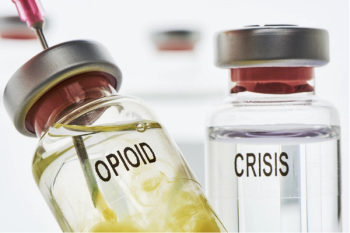
Pharmacists play a role in prevention of opioid overdose by providing information to patients about signs and symptoms.

Pharmacists and pharmacy technicians can more efficiently and proactively incorporate their expertise into patient care, reduce the administrative burden on nursing staff, and help patients overcome financial obstacles and other hurdles to accessing medications.

Pharmacists can be instrumental in helping to curtail the prevalence of psychotropic medication misuse while also providing unique expertise on drug information.
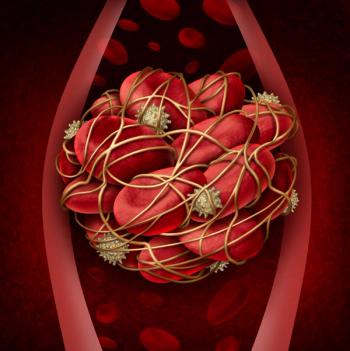
Data from a phase 3 trial comparing acalabrutinib against ibrutinib in adults with previously treated CLL showed acalabrutinib presented with non-inferior PFS and significantly fewer events of atrial fibrillation.

The study also found significant variation in treatment of children and adolescents hospitalized with COVID-19.

In an interview with Pharmacy Times, Brian Wortz, PharmD, said he enjoys the innovation in his research, especially when their findings have the potential to drastically impact patients’ lives.

This reduction in white matter has been well-documented, but the exact mechanism of action has been unknown until now, according to the study authors.

Evinacumab-dgnb is the first FDA-approved treatment that binds to and blocks the function of angiopoietin-like 3, a protein that plays a key role in lipid metabolism.

Working in clinical research combines skills from both the retail and health system pharmacy spaces, as well as other, more unique skillsets, according to research pharmacist Brian Wortz, PharmD, of Cancer Treatment Centers of America, in an interview with Pharmacy Times.

Individuals receiving aducanumab showed significant dose- and time-dependent reduction of amyloid beta plaque, whereas patients in the control arm had no reduction, according to the FDA.

Research pharmacist Brian Wortz, PharmD, with Cancer Treatment Centers of America, said working as a pharmacist in clinical research provides interesting opportunities to be at the forefront of drug development.

Study highlights the importance of developing solid relationships with patients, so they are comfortable asking questions and trust pharmacists with their care.

If it were to be approved now, the drug would be used in patients with metastatic castration-resistant prostate cancer who have progressed on an androgen receptor-directed therapy and 1 to 2 taxane-based chemotherapeutics.

The investigative therapy targets a specific molecule that is generally only expressed on the prostate cancer cell, according to a recent interview.

Medical oncologist Michael Morris, MD, discussed the newest findings of the phase 3 VISION trial, which is investigating the use of 177Lu-PSMA-617 in patients with advanced prostate cancer.

Notably, the investigative treatment avoids many of the severe adverse effects common in traditional therapies.

Bemarituzumab is an investigational, potential first-in-class targeted antibody designed to block specific fibroblast growth factors from binding and activating FGFR2b.

Research has also shown activity with sacituzumab govitecan in subsets of patients with triple-negative breast cancer, such as those with active brain metastases.